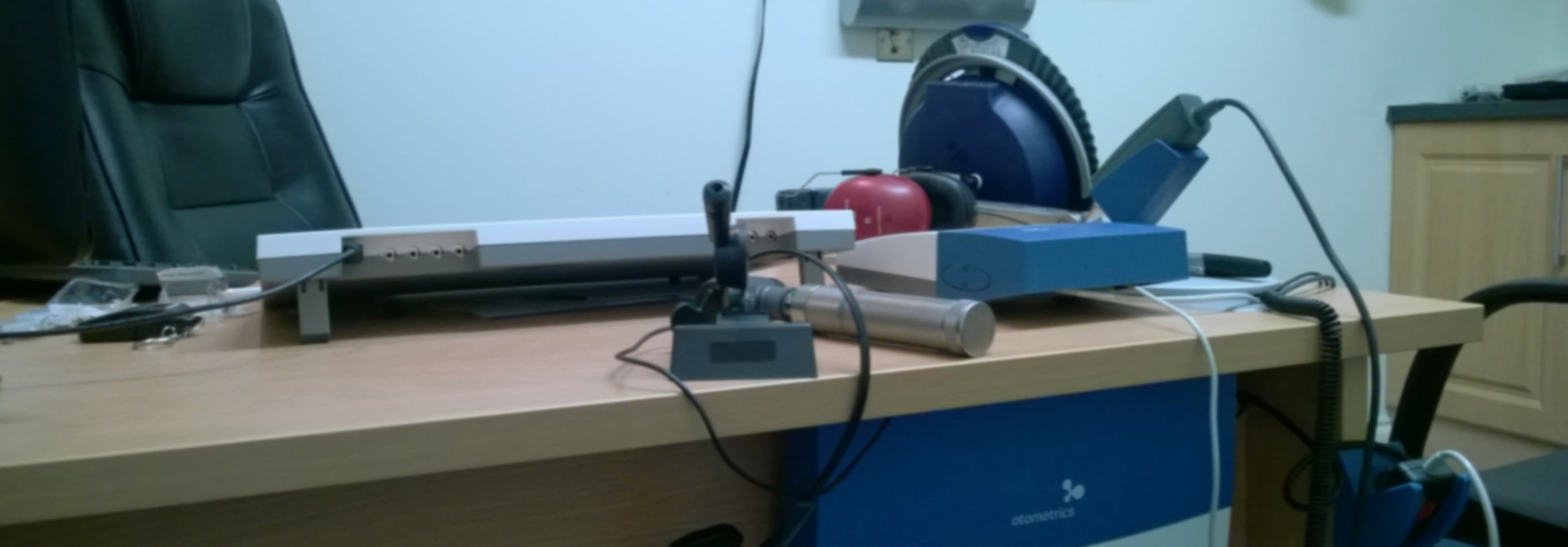A Common Disorder
Hearing loss is a very common disorder, so common in fact that it’s long been considered a normal part of the aging process and no great cause for alarm. However, that attitude is beginning to change quickly in the greater Medical world. Studies from Johns Hopkins University have found clear links between hearing loss, cognitive decline and dementia. That means that hearing loss may be a far greater health threat than previously thought. It also means that treatments as simple as hearing aids may have a big influence on the upkeep of healthy brain function.
“Hearing loss shouldn’t be considered an inconsequential part of aging,” Dr. Frank Lin,
Cognitive Abilities Declined 30 to 40% faster in People With Hearing Loss
Dr. Frank Lin, assistant professor at Johns Hopkins, an otologist and epidemiologist has been a pioneer in the studies of the effects of hearing loss on older adults. His work on the cognitive effects of hearing loss has gathered much attention over the last few years. In one study involving nearly 2,000 men and women aged between 75 and 84. Dr. Lin and his colleagues found that over six years, cognitive abilities (including memory and concentration) of those with hearing loss declined 30 to 40 percent faster than in people with normal hearing.
People With Hearing Loss More Likely To Develop Dementia
That is a marked and dramatic difference between two cohorts or groups of people who are seperated by a single condition. Another study of some 600 older adults undertaken in 2011 found that those with hearing loss at the beginning of the study were more likely to develop dementia than adults with normal hearing. In fact, it proved to be the case that the more severe the hearing loss, the more likely they were to develop dementiaIt found that study volunteers with mild, moderate and severe loss were two, three and five times more likely to develop dementia than those with normal hearing.
Another study undertaken by Lin and his colleagues found accelerated rates of brain atrophy in people with hearing loss compared with those who had normal hearing. In addition, they linked hearing loss to deep episodes of stress, depression or bad moods, an increased risk of hospitalization and an increase in the risk of falls.
Doctor Lin and his team are not the only researchers to raise the issue. Dr. Richard Gurgel, assistant professor of otolaryngology-head and neck surgery at the University of Utah Health Care, studied more than 4,400 men and women 65 and older. He found that those with hearing loss at the beginning of the study, which was published in 2014 developed dementia at a higher rate and earlier in life than those without hearing loss. Gurgel, Lin and others are now focused on finding out whether hearing loss causes dementia or is related to dementia.
“Dementia has so many causes. I think hearing loss could be a very important component, but there are certainly a lot of factors that play into dementia,”
Dr. Richard Gurgel
The data is very solid and while it should spur further research, it does not mean that someone with hearing loss is going to get Dementia or Alzheimer’s disease. There definitely is a correlation between hearing ability and cognitive function, but it is not a perfect correlation. There are many people who develop an age-related hearing loss and live a long life, cognitively intact.
What’s the cause?
There are three main theories given by Lin and other for how hearing loss may contribute to cognitive decline and dementia. The first is “cognitive load.” If the brain is constantly coping with trying to decipher degraded sound input. Its resources are dedicated to processing those sounds, to the detriment of other processes like memory and thinking.
The second theory involves brain atrophy (shrinking). Hearing impairment may directly contribute to accelerated rates of atrophy in the parts of the brain that process sound. Those brain centres don’t work in isolation, they also play roles in memory and sensory integration. They have also been shown to be involved in the early stages of mild cognitive impairment and Alzheimer’s disease.”
The third possibility is social isolation. People who have hearing loss often withdraw from social contact because they find it so difficult to communicate with others. Numerous studies over the last years have found that a loss of engagement and loneliness are risk factors for both depression and cognitive decline.
The Effort Of listening Takes A Toll
Dr. Arthur Wingfield, professor of neuroscience at Brandeis University has also been undertaking research in this field. He has found that if you take a normal, healthy older adult with reduced hearing ability, just understanding the words people are saying takes resources away from remembering what you’ve heard or from understanding complicated information. He has asked the question could it be that after many years of doing this, it takes a toll on cognitive resources? He said "The people we test in our lab tell us that at the end of the day they’re exhausted (simply after testing.)”
Wingfield’s lab also has studied brain volume, using MRIs. They have looked at older adults and found that if you have poorer hearing, there was reduced volume in the region of the brain that processes hearing. Through brain-imaging studies, Wingfield and colleagues found that if sound information is reduced, the frontal part of the brain works a lot harder, it is this effort, the effort that it takes to listen that may take a toll on cognitive resources.
The Million Dollar Question Answered
Dr. Lin and his team now plan a study that they hope will answer the million-dollar question, will treating hearing loss reduce the risk of dementia? The planned five-year study will follow 800 older adults and measure cognitive decline. During the study some will get state-of-the-art hearing treatment while others will simply get wellness advice. Dr. Gurgel and colleagues are also looking at whether treating someone’s hearing loss will improve cognition.
the question that many want to know is, if we treat hearing loss, how much difference will it make? Hopefully Doctor Lin and Doctor Gurgel and their respective teams may well be able to tell us in a few years.







